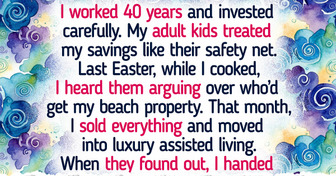Worth of learning!
6 Signs You’re Doing an Outstanding Job as a Parent
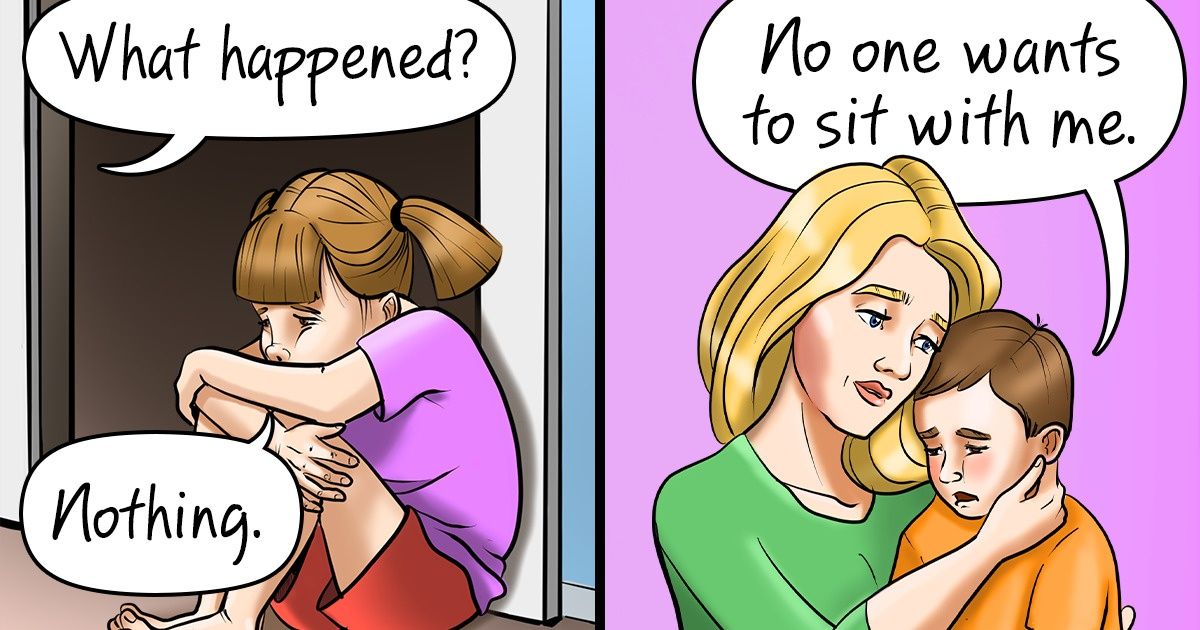
Oscar Wilde once said, “The best way to make children good is to make them happy.” While keeping a child healthy and happy can be a priority for parenting goals, there are other factors, activities, and habits that are more important and beneficial.
We at Bright Side applaud the hard work that parents put into raising their children. Here are some of the signs that you’re doing a great job parenting, that can help improve your relationship with your kids and make them better people.
1. You instill 2-way communication.
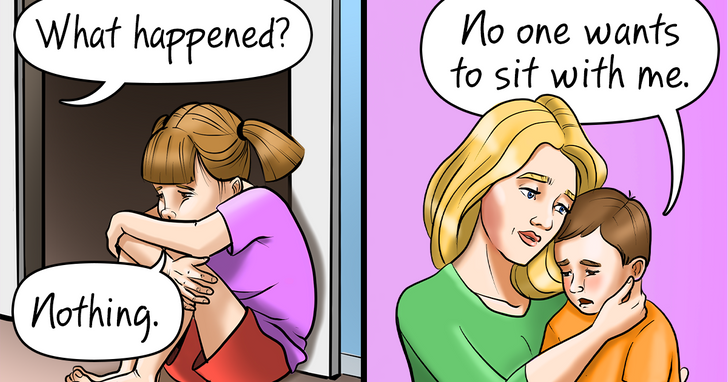
According to researchers at MIT and Harvard, it is crucial for parents to have back and forth communication with their children. One of the simplest, but most meaningful ways to start this communication is to look your child directly in the eyes when you talk to them and when they talk to you. This gives your child a sense that you are readily listening to them, while at the same time gives them the motivation to speak to you.
2. You are humble enough to apologize.
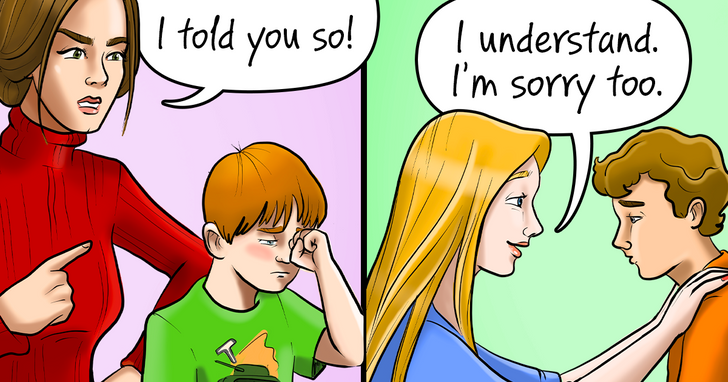
Naturally, arguments and fights can occur between you and your child, and both of you might be interested in playing the victim. However, it is important for parents to understand when it is their turn to apologize. Although it may come off as difficult for you in the start, knowing how to own up to your mistakes and explain why you were at fault not only teaches your child sincerity and openness, but invites them to do the same when they make mistakes.
3. You dream with your child.
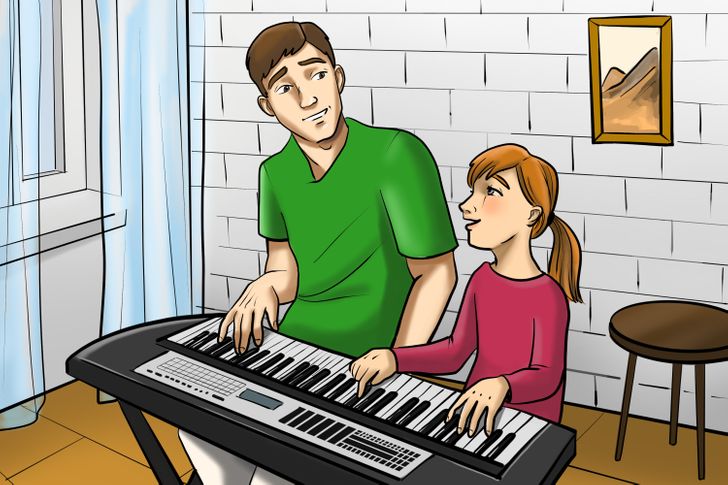
One of Walt Disney’s most powerful messages goes, “If you can dream it, you can do it.” As a parent, it is important to encourage your children to dream and to have ambition. But even more important is to show your support for their talents and hobbies, and help them reach their goals. Studies show that supportive parents are a major factor in the future success of their children.
4. You maintain schedules.
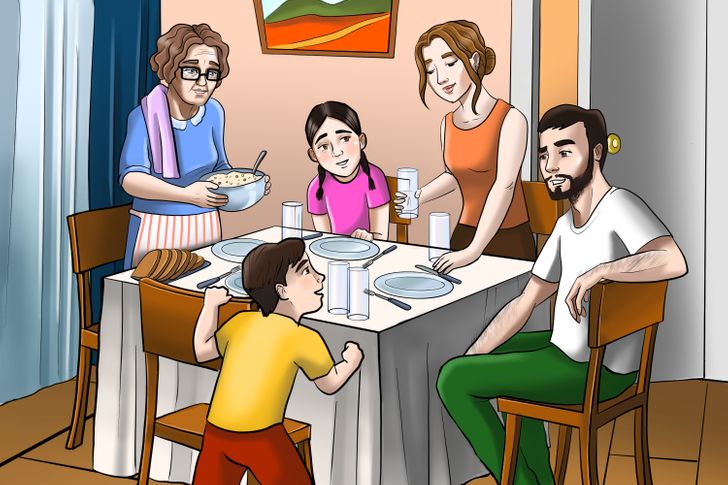
Knowing what will happen in their day gives your child a sense of safety, confidence, and control. Implementing schedules for your children at a young age with things like mealtimes, pick-ups from school or daycare, naptime, and bedtime, builds trust between you and your child, so they know what to expect and when to expect you. In older children, a routine instills discipline and structure in their lives, which in the long run teaches them to be more independent and accountable for their tasks. Studies show that having meals together as a family makes children happier and teaches them to be better communicators.
5. You live up to the role of first teacher.
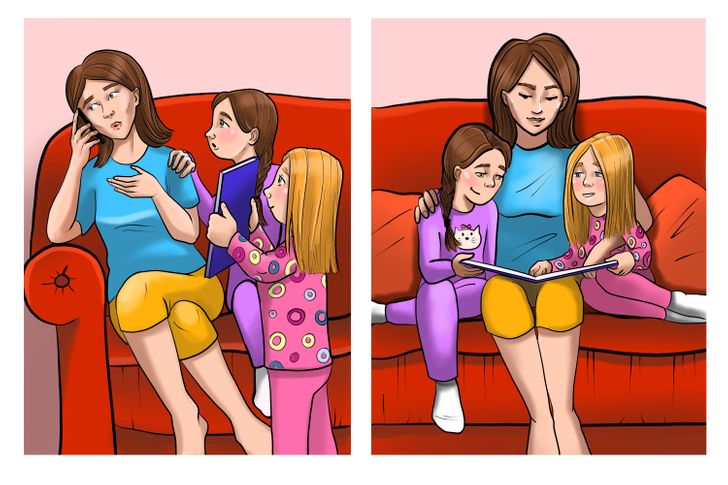
A parent is a child’s first teacher. From teaching their children their first words to developing good habits and learning about their surroundings, it is a parent’s job to not only raise them, but to teach them. Reading books before bedtime or having fun during playtime not only enriches your children’s lives and experiences, but it allows you to devote quality time to them, allowing them to feel your love, time, and care. As a teacher, it is also good to give your child constructive feedback when they misbehave, so that they understand when they are wrong. This will help them make up their minds to do and become better people.
6. You know when to stand behind your child.
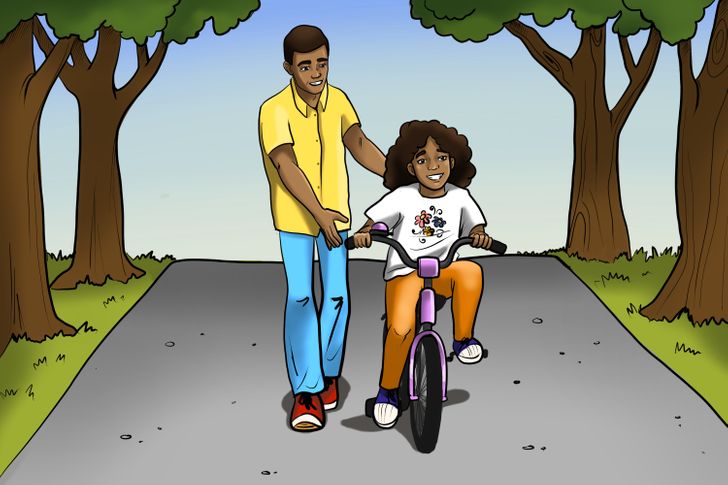
It is the duty of a parent to protect and provide for their children, but being overprotective and always giving in to your child’s wants can lead to a teenager and adult with a bad disposition. Studies show that overprotective parenting encourages children to lie, become manipulative, and be fearful of taking on risks and new experiences. It is important for parents to gauge when they should take a step back and allow their child to make their own decisions, take action, and figure things out on their own. However, you must also remember to be there during their failures and help them figure out what went wrong and how they can do better next time.
Do you believe that parenting makes a big impact on children when they become adults? What other noteworthy parenting traits do you know of or practice?
Comments
Related Reads
I Refuse to Forgive My Wife for What She Did to My Son

12 Moments That Show Romance Is Really About Small Acts of Kindness

I Refused to Give My Brother My $40K Wedding Fund—My Family’s Revenge Was Brutal
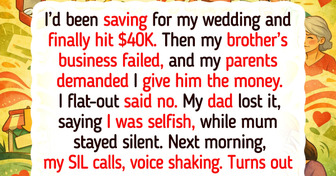
18 Stories That Prove Kindness Can Come From the Most Unexpected Places

My Parents Refused to Support Me Through Med School—Then I Discovered Their Sad Secret

My Boss Treated My Child’s Surgery Like a Joke — I Went to HR

12 Moments That Teach Us to Choose Kindness Even When Life Turns Cruel

I Refuse to Earn Less Just Because I’m Getting Older

18 Seniors Whose Sharp Wit Proves Humor Only Gets Better With Age

I Refused to Put My Health at Risk Because of My Job, Now HR Got Involved

14 Powerful Kindness Stories That Restored Hope in Tough Times

I Refuse to Leave an Inheritance to Children Who Treated Me Like a Cash Cow—So I Made One Final Decision
